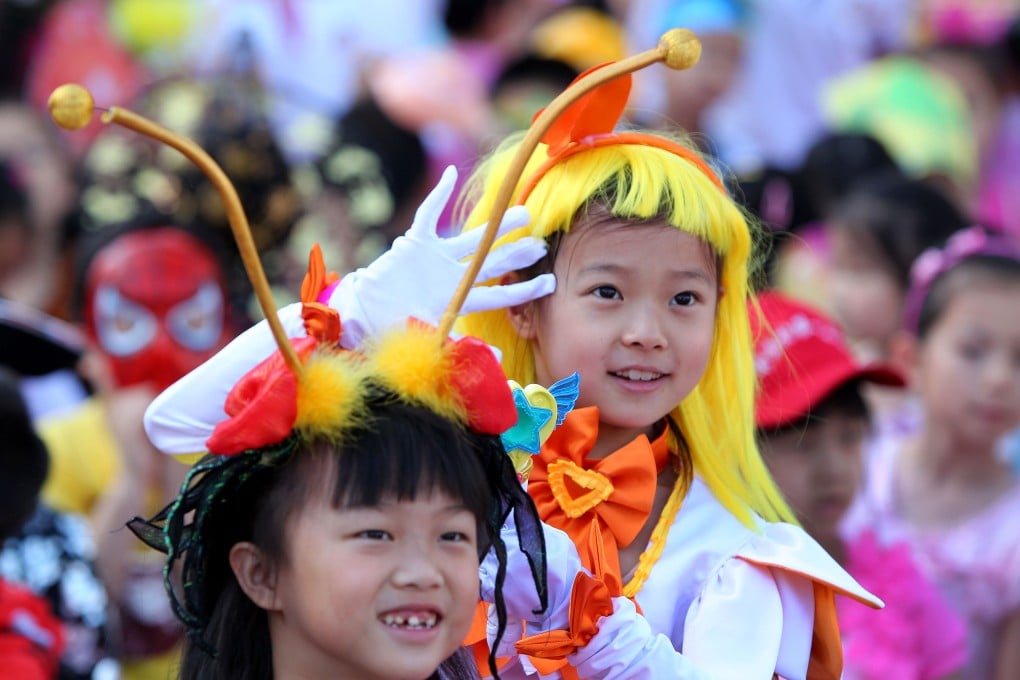No more elite classes for 'smart' kids? Chinese tiger parents are not impressed

Tang Wanyuan, the father of a sixth grader in Beijing, said he has not paid much attention to the Communist Party’s decision to ban the practice of putting the elite pupils in special classes. Like most young parents, he has little faith in such initiatives.
The resolution of the Central Committee’s third plenum earlier this month said that educational authorities should no longer designate elite classes or elite schools for pupils who outperform their peers, or come from privileged families. The move was part of an effort to address inequality in the access to quality teaching.
“These schools are almost certain to continue operating the way they have, only under a different name such as ‘model schools’ or ‘schools with special characteristics’,” Tang said.
“If anything, parents want transparency over enrolments at elite schools. That way we’ll know what chance, if any, we stand of having our children admitted. Parents want policies that don’t cause more stress for us.”
Tang is more concerned about where his son will attend middle school, where standards of teaching differ tremendously.
These schools are almost certain to continue operating the way they have, only under a different name.
As well as banning elite schools and elite classes at public schools, the Central Committee said that primary and middle school principles and teachers would be rotated to different schools to tackle inequality.